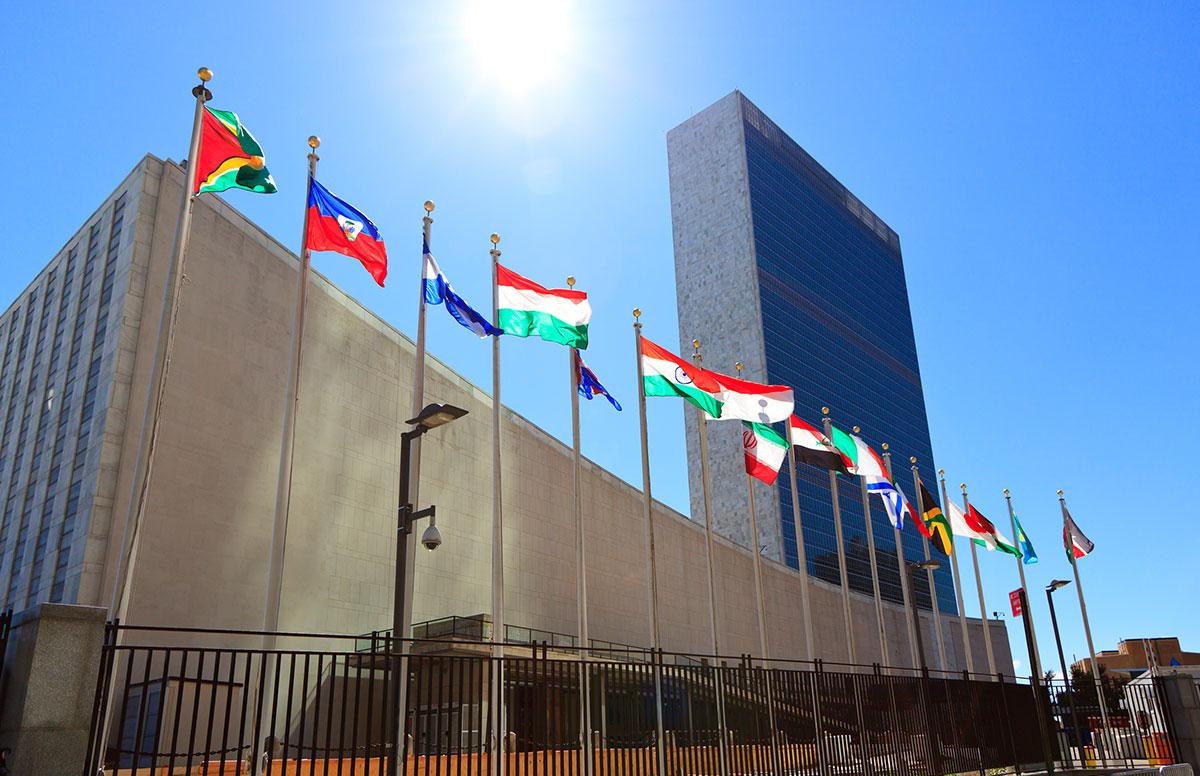Last month at the United Nations (UN) General Assembly in New York, world leaders made progress in the fights against tuberculosis (TB) and non-communicable diseases (NCDs). In addition to aligning on declarations that outline priorities to tackle thes health challenges, many leaders underscored the need for more innovation and commitment to address the real barriers standing between patients and the medicines theyneed. Leaders also underscored the power of public-private partnership to deliver TB and NCD treatment and cures.
“Countries, with the private sector, must work together to fund and accelerate efforts to develop and deliver new and better diagnostics, drugs and vaccines.” – Bill Gates at the UNHLM on TB
Combatting TB by engaging with the private sector particularly resonated with audiences as a strategy to prevent the 1.7 million deaths annually from TB around the world. Bill Gates, the founder of the Bill and Melinda Gates Foundation, gave a keynote address during the UN HLM on TB, stating, “The private sector has the skills to play a key role in this R&D [research & development] effort, including pharmaceutical and diagnostic companies, which show how to translate scientific understanding into scalable, life-saving products.”
An excellent illustration of this point was seen at the TB Innovation Summit, convened by the previous weekend by Johnson & Johnson, a leading biopharmaceutical innovator, in partnership with the Stop TB Partnership, the UN Foundation and the World Economic Forum. Participants championed the tremendous potential for public-private partnerships, with the goal of modernizing the fight against TB by discovering new diagnostic tools and treatments.
Princess Mired, the President of the Union for International Cancer Control, also underscored the value of collaboration around innovation, noting that “investing in NCD prevention, treatments and cures is not only a sound economic decision, but also a high-yielding investment.” Her point is essential: when countries promote innovation, their people and economies are healthier – which has a compounding impact on efforts to combat global NCD incidence and mortality.
Central to R&D, investment and innovation are intellectual property rights, which incentivize inventors to pursue uncharted but potentially breakthrough, treatments, cures, vaccines and technologies that can change and save lives. HHS Secretary Alex Azar captured well the central role of intellectual property in his address to the UN HLM on TB: “Respect for intellectual property rights is not just an important international legal obligation, but also the very foundation of the innovation economy that we need to fight TB and other deadly diseases.”
As leaders and delegates return home from the UN General Assembly, they must continue this promising forward momentum with a renewed focus on innovation and collaboration. As Director-General of the World Health Organization, Dr. Tedros Adhanom Ghebreyesus, has stated, private sector organizations are “crucial partners in achieving health for all,” but this partnership depends on supporting an innovation ecosystem ensured by intellectual property rights.


